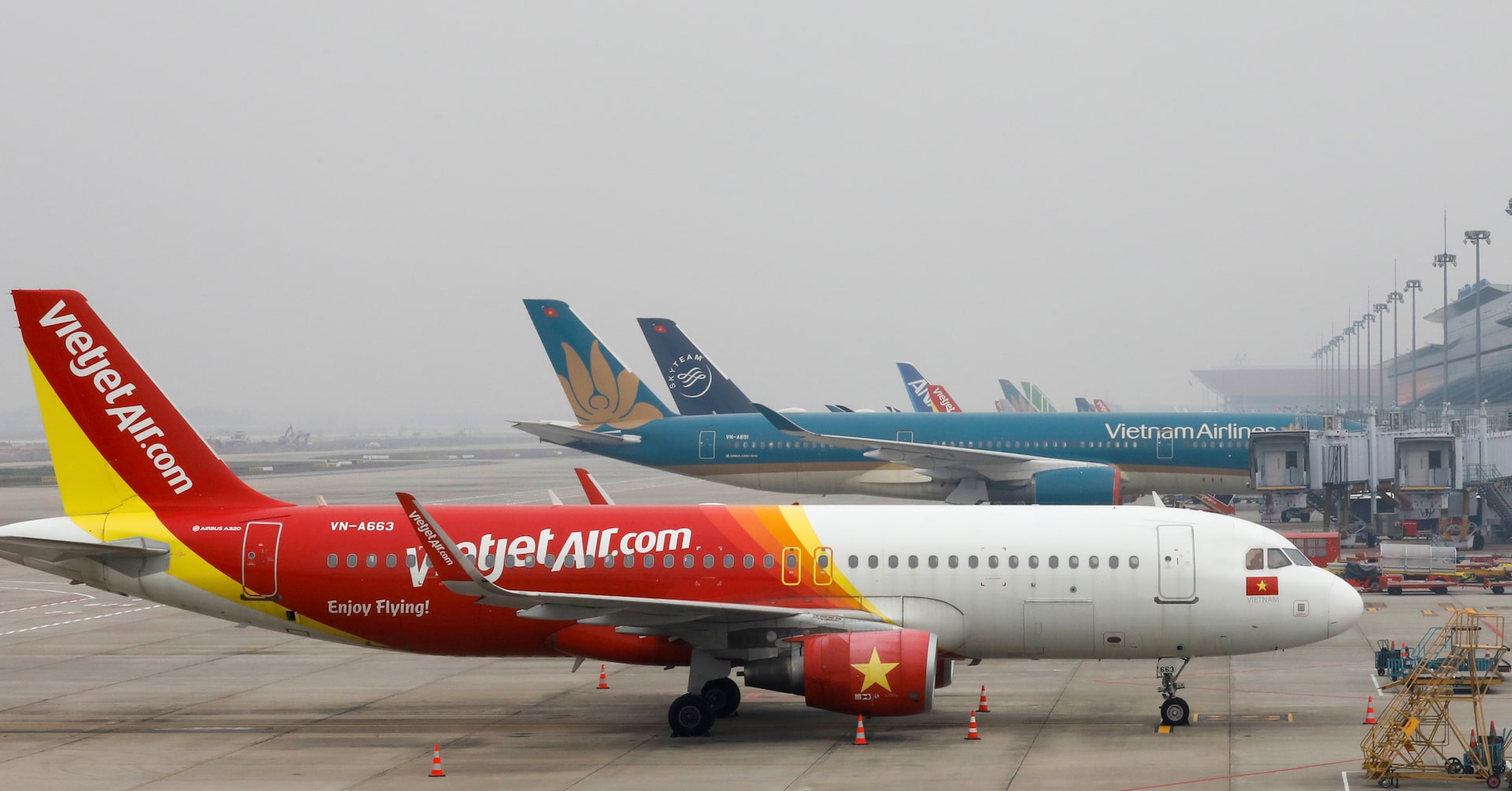Boeing and VietJet Forge Groundbreaking Aircraft Finance Partnership

VietJet, Vietnam's dynamic budget airline, is poised to make a significant financial move by finalizing a substantial $200 million aircraft financing agreement. The landmark deal is set to be signed with a strategic partner of the renowned investment fund KKR during an upcoming high-profile meeting in Washington next week.
Adding excitement to the transaction, representatives from aerospace giant Boeing are expected to be in attendance, highlighting the importance of this financial arrangement. The details of the meeting were revealed through an internal schedule obtained by Reuters, signaling a potentially transformative moment for VietJet's fleet expansion and financial strategy.
This strategic financing deal underscores VietJet's continued growth and ambition in the competitive low-cost carrier market, demonstrating the airline's commitment to modernizing its aircraft fleet and strengthening its financial position in the rapidly evolving Southeast Asian aviation landscape.
